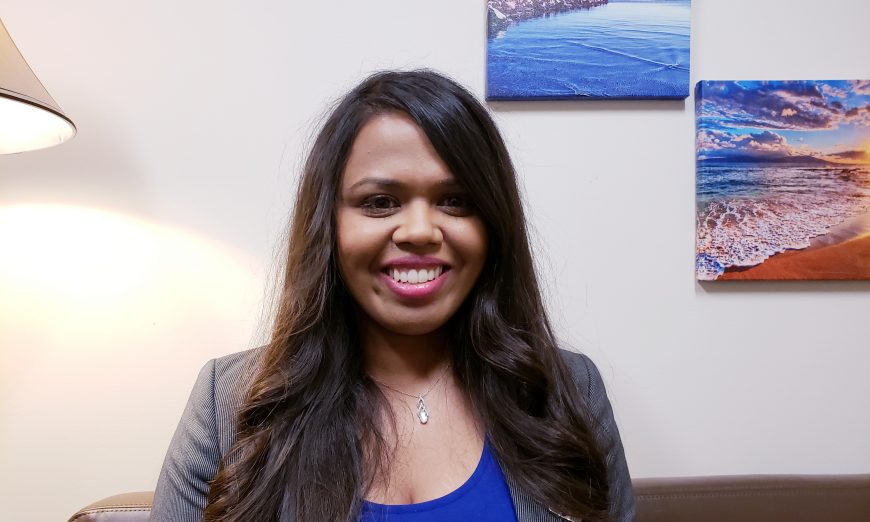Can’t fall asleep? You’re not alone tonight. An estimated 10 percent of U.S. adults have what’s called a “chronic insomnia disorder,” where they — like you — struggle to fall asleep or stay asleep.
People suffering from chronic insomnia disorder toss and turn at least three times during a sleep cycle per week for three months, according to the American Academy of Sleep Medicine. Friday, March 15 is World Sleep Day. It is an awareness day created and hosted by the World Sleep Society. 2019 marks their 12th year celebrating the importance of healthy sleep.
“We call it ‘sleep-related hyperarousal,’” said Janice Raj, a Doctor of Psychology at Kaiser Permanente’s Milpitas Medical Office. “People are worrying about something external, or they are just worrying about when they’re going to be able to sleep.”
Kaiser Permanente Santa Clara Medical Center is the first Kaiser Permanente facility in Northern California to offer well-regarded insomnia treatment using Cognitive Behavioral Therapy for Insomnia (CBTi). Raj and two of her colleagues are group leaders at three of the medical centers mental health clinics. CBT is a form of therapy that treats problems and boosts happiness by modifying dysfunctional emotions, behaviors and thoughts.
“The cognitive part helps people become more flexible in their thinking about sleep,” said psychologist Raj. “The behavioral part sets up some sleep rules, like going to bed only when sleepy, no working in bed, no coffee or alcohol close to bed time.”
Raj said people shouldn’t “try” to fall asleep because it will only cause more anxiety that can keep you awake. And if you can’t fall asleep in 20 minutes, get out of bed.
She shared the story of a patient who kept books by her bedside. When the patient has trouble getting to sleep, she goes into another room and reads. “Sleep is a biological process, it eventually will happen,” she said.
CBTi is one of the innovative mental health care programs being offered members at Kaiser Permanente Santa Clara, and other Kaiser Permanente medical centers have looked to Santa Clara’s model to start their own programs.
Another program at Kaiser Permanente medical centers across Northern California embeds psychologists in primary care and pediatric clinics, to provide mental health care for patients who may need help. It’s a way of bringing help to more people than in the traditional mental health clinic setting.
KP Santa Clara and two other Northern California Medical Centers also offer advanced depression care, using the latest Transcranial Magnetic Stimulation (TMS) devices. TMS uses strong magnetic impulses to stimulate the depressed brain, re-awakening areas that have caused loss of appetite, lack of sleep, focus, sexual drive and other aspects of depression.
These programs and others have led independent third parties to award Kaiser Permanente the highest rating possible for the quality of its mental health care and for providing the right access and the right care at the right time.
For those suffering from chronic insomnia, the right time is to sign up for the 8-session CBTi groups at Kaiser Permanente Santa Clara. Unchecked, chronic depression can lead to clinical depression and high blood pressure and lower the quality of your life.
“Feedback from patients is predominately positive,” said Raj. “They say they have increased ability to go to sleep and stay asleep.”
Correction: We have received additional information about the origins of World Sleep Day. The article has been updated to reflect this information provided by the World Sleep Society.






